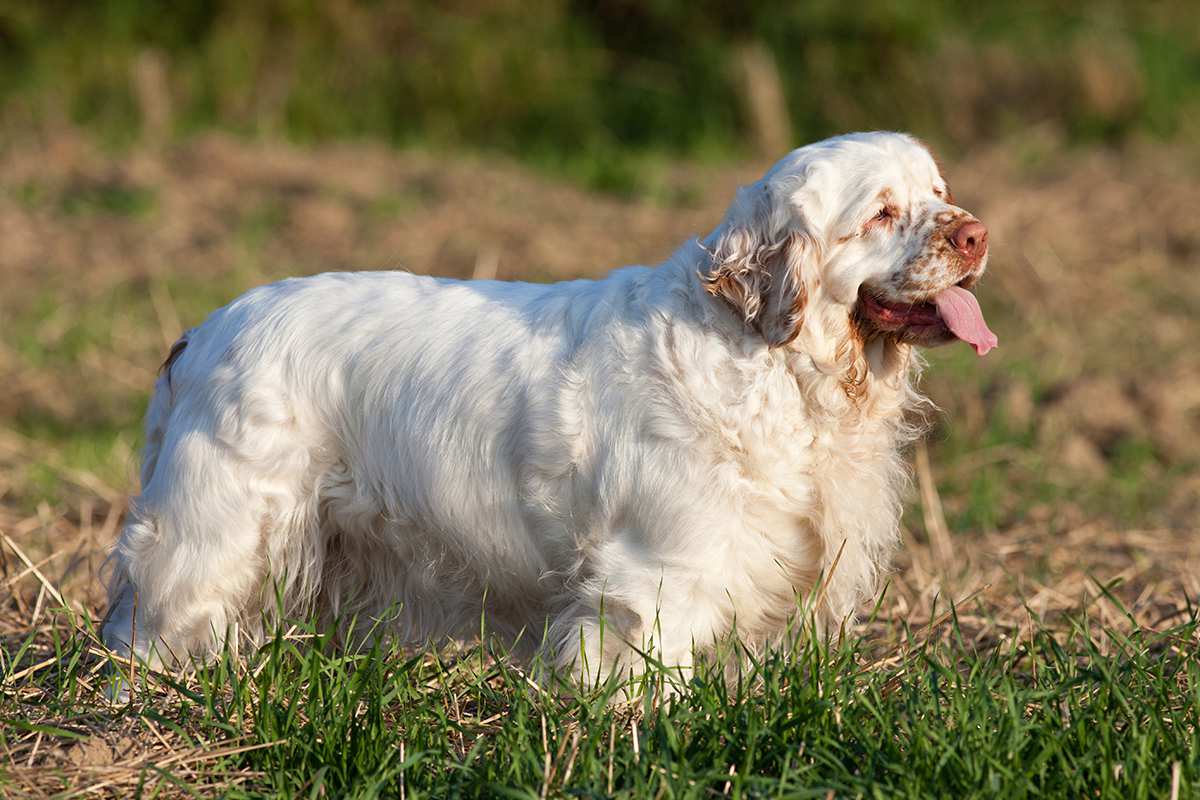Clumber Spaniel


 Puppy
Puppy
 Fully Grown
Fully Grown
The Clumber Spaniel is a spaniel that was originally used to find and retrieve game birds for hunters. Clumber Spaniels tend to like one person only and have regular mood swings. They can be “Happy as Larry” one minute and the next won’t even look at you. It’s just like living with a teenager…you have no idea what their mood is going to be at any given time!
Because of their mood swings, Clumber Spaniels are not very popular as family dogs. They tend to look rather serious and when guests enter your house will often pretend they don’t exist. They love their one owner and feel happiest if they can be with that person all the time (just not when they are in their moody phase, when they prefer to be left alone).
Clumber Spaniels love to slobber, snore and wheeze - preferably all at the same time. One might think they do it to keep people away, but that’s just standard behaviour for a Clumber Spaniel. They tend to like their food a bit too much and we recommend to watching their waistline to avoid health problems. Their ears and coat need to be looked after regularly.
| Weight: | 32-39 kg |
| Health risk: | Medium |
| Life expectancy: | 10-12 years |
| Coat: | Medium |
| Grooming intensity: | Low |
| Monthly cost (food): | high |
| Trainability: | Low |
| Activity level: | High |